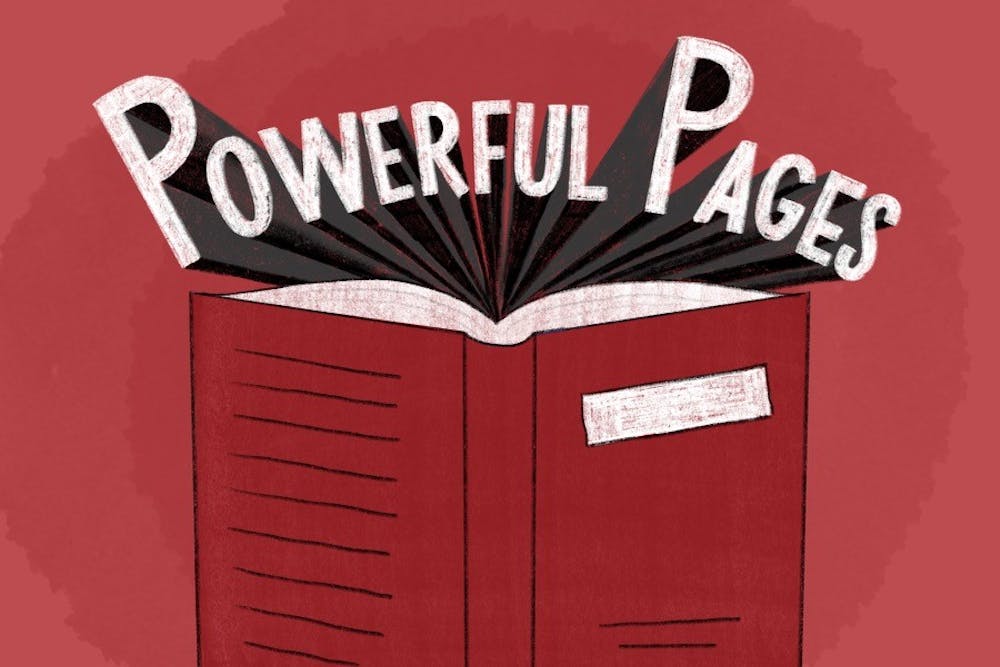According to Vox, cancel culture refers to that of “cultural blocking.” In other words, socially undercutting or blocking an individual. Journalist Jon Ronson’s, “So You’ve Been Publicly Shamed,” captures the beginnings of modern-day cancel culture. He tells the stories of real people who messed up.
The premise of Ronson’s 2015 catalog of “public shamings” begins in the early 2010s. Once thought of as the contemporary equivalent of rotten tomatoes thrown on stage or getting locked into the stocks in town squares, Ronson shows how these shamings transform into hate-filled Twitter storms and Youtube apology videos. Generally, individuals or celebrities are the faces of these public shamings; they do or say something offensive or wrong and thus face public trial and humiliation, often digital.
Ronson’s observations about cancelings appear in the form of journalistic fabrications and social media slip-ups. Twitter and Facebook are public forums that provide no hiding place for fallen authors. These mistakes cost people their careers as well as their livelihoods, as shown by the ruined lives of Ronson’s subjects.
What Ronson does well is highlight the misdoings of the wrongdoer, whether accidental or deliberate, and the steps society puts on for the individual’s “trial.” He emphasizes that the modern public leaves no room for redemption and casts the fault exclusively on the mistake maker.
Ronson’s brilliant composition shows just how unmerciful today’s modern society can be. He focuses on the glories and shames the digital age brings, usually painstakingly.
“There is nothing I dislike more in the world than people who care more about ideology than they do about people,” Ronson pens.
It’s refreshing to see contemporary writing capture the ethical dilemma of a coldhearted versus merciful society.
Ronson captures the issue of accountability on both sides of the story. He focuses on the apology of the societal transgressor, but also includes the public acceptance, or rejection, of the apology.
Ronson brings his own story of accountability of an impersonating Twitter “spambot.” His introduction lends testimony as to when public shaming can work in someone’s favor. In other words, he deals with how public shaming can help someone rather than humiliate them.
Later, Ronson focuses multiple chapters on infamous journalist Jonah Lehrer. Lehrer was publicly shamed for stealing quotations, statistical fabrications and self-plagiarism.
Following his fall from journalistic grace, he was abandoned by publications and had his books withdrawn from shelves. Lehrer lost his job and his writing career was ruined. For Lehrer’s penance, he gave a live-streamed Twitter apology, where he could see the watchers violently condemn his misdeeds in the comments. Ronson, in turn, criticizes the public’s rejection of Lehrer.
Despite Ronson’s praise for a kinder society, the stories feel all too familiar. In even more recent years since the book’s publishing, cancel culture has only transformed into more chaotic shamings and YouTube apology videos. Due to this, Ronson’s book was likely more tasteful when first published but feels outdated with the rise of such content.
However, it’s Ronson’s view of the importance of a supportive and understanding society that is still relevant — the main themes of the book still carry great value despite the passage of time. “So You’ve Been Publicly Shamed” paints the picture of a merciless modern Salem witch trial in which mistakes cost everything.





